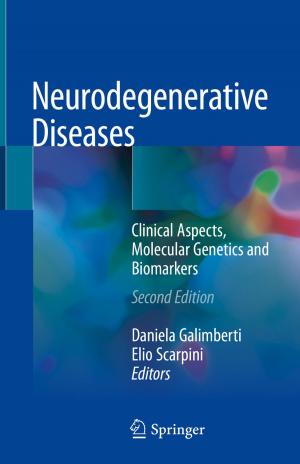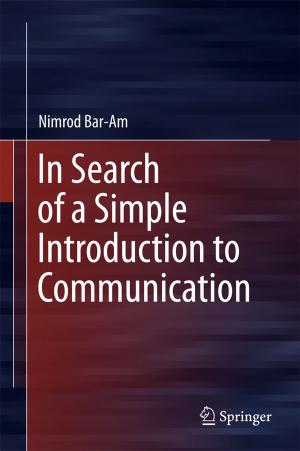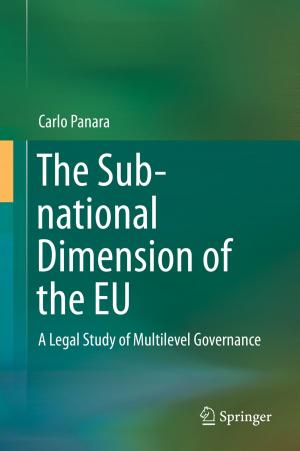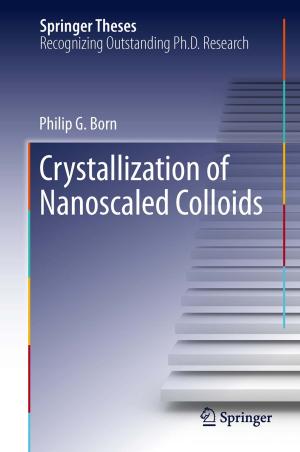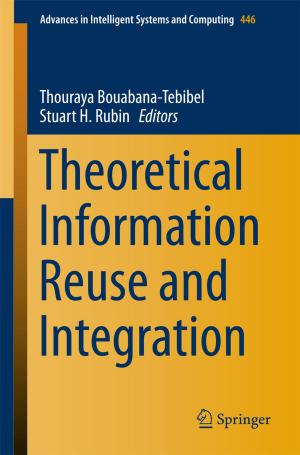Transcranial Direct Current Stimulation in Neuropsychiatric Disorders
Clinical Principles and Management
Nonfiction, Health & Well Being, Medical, Specialties, Internal Medicine, Neurology, Psychiatry| Author: | ISBN: | 9783319339672 | |
| Publisher: | Springer International Publishing | Publication: | September 12, 2016 |
| Imprint: | Springer | Language: | English |
| Author: | |
| ISBN: | 9783319339672 |
| Publisher: | Springer International Publishing |
| Publication: | September 12, 2016 |
| Imprint: | Springer |
| Language: | English |
The aim of this book is to provide a comprehensive review of the use of Transcranial Direct Current Stimulation (tDCS) in different psychiatric conditions. Here we review tDCS clinical studies employing different types of design (from single-session tDCS studies to randomized clinical trials) as well as studies evaluating the impact of tDCS in neurophysiological, behavioral and brain imaging outcomes.
Although the understanding about physiological foundations and effectiveness of clinical therapies of psychiatric diseases has been considerably increased during the last decades, our knowledge is still limited, and consequently psychiatric diseases are still a major burden to the individual patient and society. Recently, interest in pathological alterations of neuroplasticity in psychiatric diseases as a critical condition for development, and amelioration of clinical symptoms increased, caused by the fact that new tools, such as functional imaging, and brain stimulation techniques do allow to monitor, and modulate these phenomena in humans. Especially non-invasive brain stimulation techniques evolved as an attractive potential new therapeutic tool. The interest in non-invasive brain stimulation has grown exponentially in the past 25 years, with the development of non-pharmacological, neuromodulatory techniques such as tDCS and repetitive transcranial magnetic stimulation (rTMS). TDCS, although even newer than rTMS, has attracted considerable attention in both basic and clinical research scenarios. In the context of clinical research, tDCS is being increasingly investigated as a novel treatment tool for several psychiatric disorders, such as major depression, schizophrenia and neurocognitive and substance abuse disorders.
Transcranial Direct Current Stimulation in Neuropsychiatric Disorders – Clinical Principles and Management intends to serve as a practical guide on the field, attracting the interest of psychiatrists, neurologists and neuroscientists with little or no experience with tDCS, as well as those with a background on tDCS who want to increase their knowledge in any particular psychiatric condition.
The aim of this book is to provide a comprehensive review of the use of Transcranial Direct Current Stimulation (tDCS) in different psychiatric conditions. Here we review tDCS clinical studies employing different types of design (from single-session tDCS studies to randomized clinical trials) as well as studies evaluating the impact of tDCS in neurophysiological, behavioral and brain imaging outcomes.
Although the understanding about physiological foundations and effectiveness of clinical therapies of psychiatric diseases has been considerably increased during the last decades, our knowledge is still limited, and consequently psychiatric diseases are still a major burden to the individual patient and society. Recently, interest in pathological alterations of neuroplasticity in psychiatric diseases as a critical condition for development, and amelioration of clinical symptoms increased, caused by the fact that new tools, such as functional imaging, and brain stimulation techniques do allow to monitor, and modulate these phenomena in humans. Especially non-invasive brain stimulation techniques evolved as an attractive potential new therapeutic tool. The interest in non-invasive brain stimulation has grown exponentially in the past 25 years, with the development of non-pharmacological, neuromodulatory techniques such as tDCS and repetitive transcranial magnetic stimulation (rTMS). TDCS, although even newer than rTMS, has attracted considerable attention in both basic and clinical research scenarios. In the context of clinical research, tDCS is being increasingly investigated as a novel treatment tool for several psychiatric disorders, such as major depression, schizophrenia and neurocognitive and substance abuse disorders.
Transcranial Direct Current Stimulation in Neuropsychiatric Disorders – Clinical Principles and Management intends to serve as a practical guide on the field, attracting the interest of psychiatrists, neurologists and neuroscientists with little or no experience with tDCS, as well as those with a background on tDCS who want to increase their knowledge in any particular psychiatric condition.




